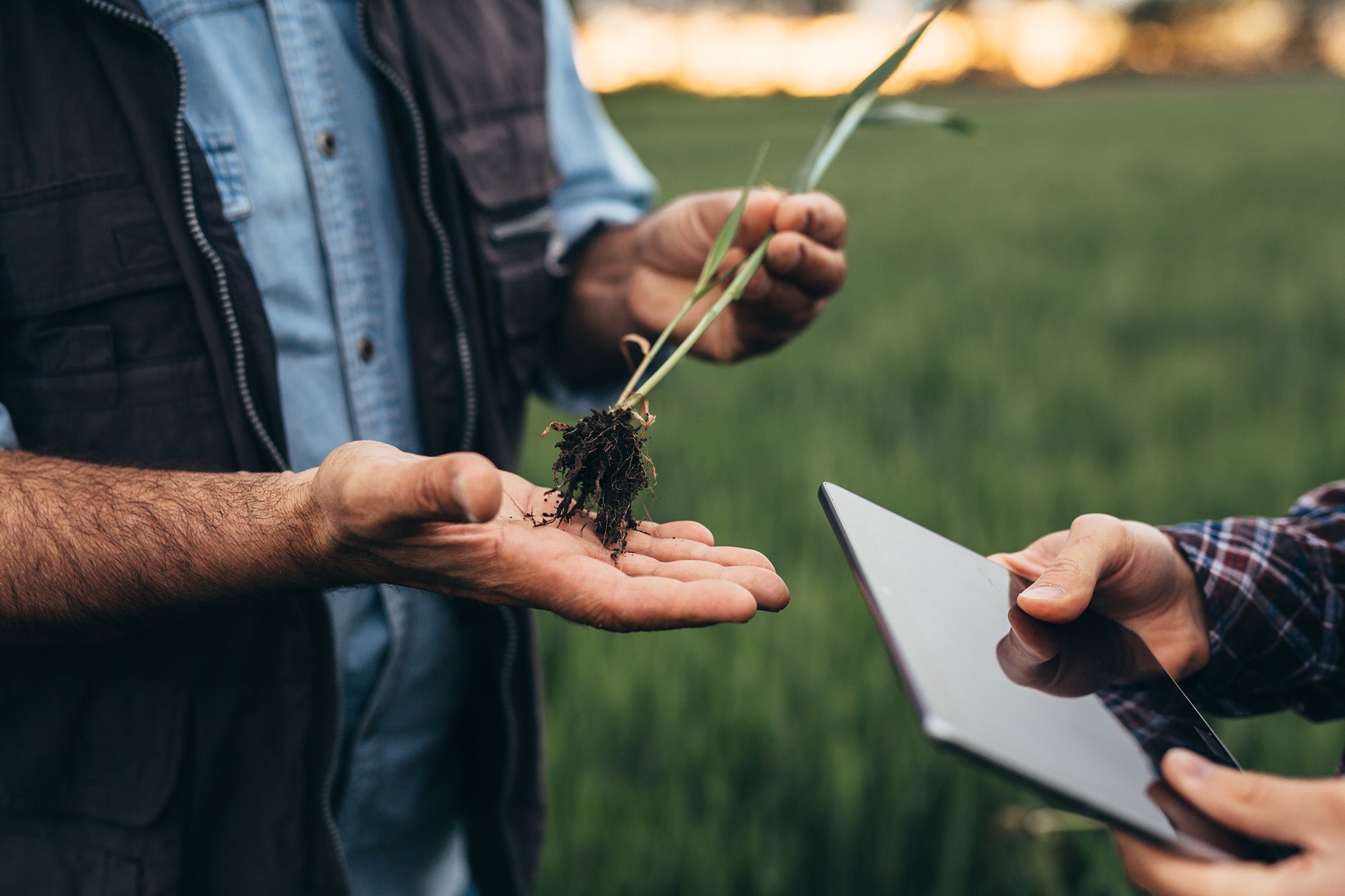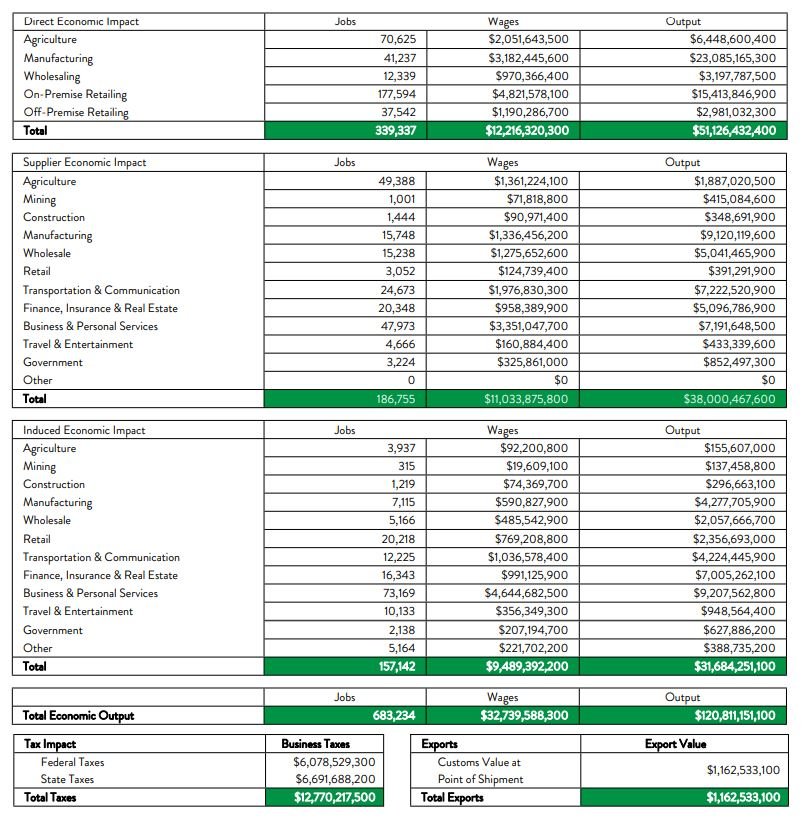
Put Agriculture to Work for your Future
The future of Kentucky agriculture lies in the hands of its people
WE are an eclectic, knowledgeable, and inspired workforce.
A vibrant blend of traditional wisdom and contemporary insights is essential for propelling the state’s rich agricultural legacy forward. Harnessing the potential of our diverse community guarantees innovative and sustainable solutions for our farming challenges.
It’s time for younger generations and bright minds to step forward. Their education, fresh perspectives, and youthful vigor are vital for revolutionizing our agricultural practices. With their contribution, we can make agriculture more efficient, reduce our environmental footprint, and safeguard our food security.
Our call to action is simple: Let’s inspire, educate, and empower the next generation to sustain Kentucky’s agriculture. It’s not just about cultivating crops – it’s about cultivating a future. The future of our state, environment, and community depends on it. Together, let’s foster a workforce that’s as rich and diverse as the Kentucky soil itself.
Where to Start
-
Gain career experience early by joining one of several agriculture-focused youth programs.
-
The National FFA has a comprehensive survey to help you turn your preferences into a job.
-
Interested in learning what a day in the life of Kentucky agriculture professional looks like? View the profiles.
-
Who is offering agriculture-focused career training and education? See the list of Kentucky schools.
-
More than $2 Million is awarded to Kentucky students in agriculture-related fields. View the list.
-
Landing an internship or apprenticeship may change the trajectory of your career path.
-
Grow your skills and network with like-minded agriculturalists. Many programs are available.
Kentucky Agriculture At-a-Glance
Kentucky is home to a wide variety of agriculture production, from horses and beef cattle to tobacco and corn. Agriculture in Kentucky is one of the state’s leading and most vital industries with an annual economic impact of nearly $50 billion1. Kentucky agriculture is also constantly changing to keep up with consumer demand and the ever-growing world population.
Quick Facts:
Kentucky is home to 69,425 farms, from large to small.
The average farm size in Kentucky is 179 acres, compared to the national average of 463 acres.
Kentucky agriculture is dominated by small family farms, and 97% are family-owned.
Of Kentucky’s 25.4 million acres, just under 50% is considered farmland (12.4 million acres).
Kentucky agricultural cash receipts (sale of crops and livestock) set a record $8 billion in 2022.
More than 138,000 jobs are directly related to agricultural production, processing, and inputs.
Learn more about Kentucky Agriculture
Source: 2023 Feeding the Economy Study - Kentucky
Featured Kentucky professionals

Featured Employers

















It is clear that young students needed exposure to a broader scope of agriculture jobs and insider tips for navigating the journey to a career. We have provided several questions students may want to answer to help them narrow their sights.